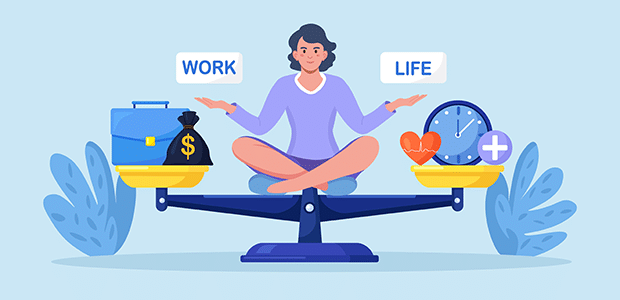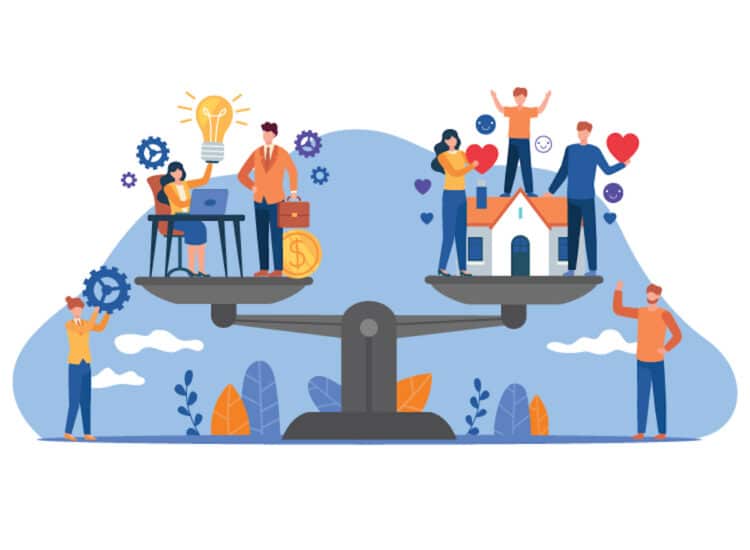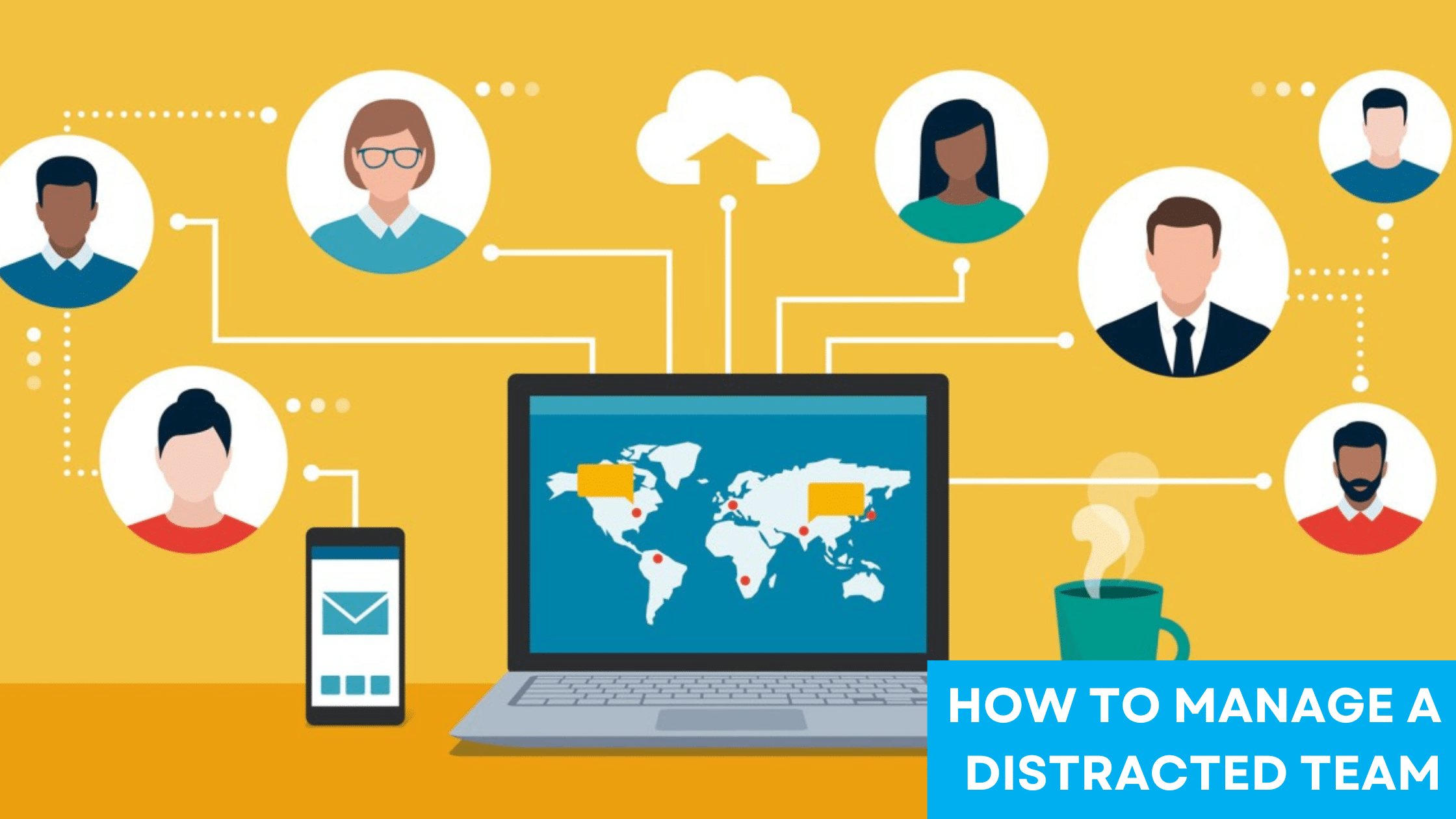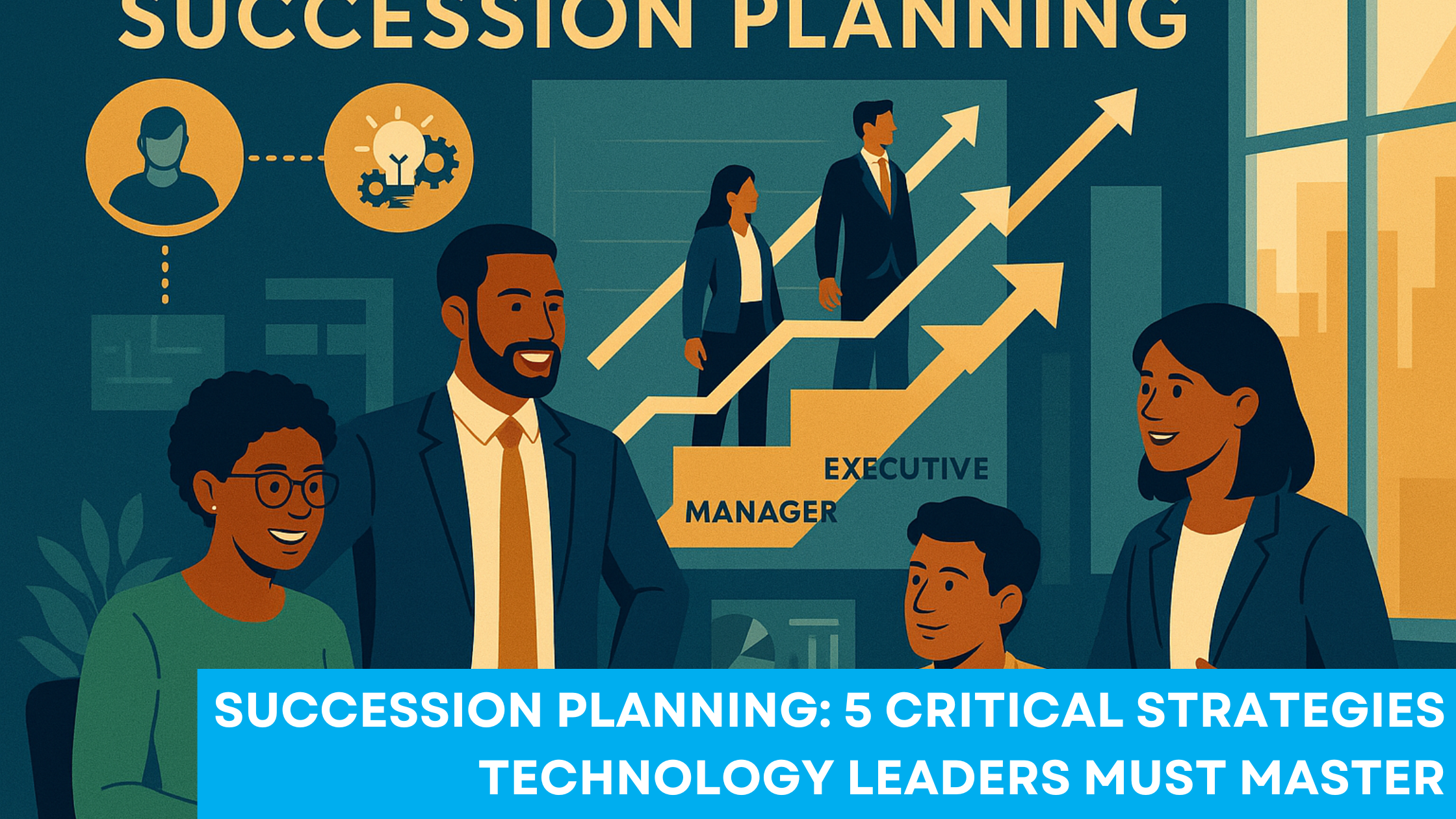In today’s fast-paced world, men and women struggle to juggle their careers and parenting responsibilities. Juggling the demands of work and family while aiming to excel in both spheres has become a significant challenge for working parents, highlighting the crucial need for a harmonious work-life equilibrium. As the demand for integrating career and family life intensifies, parents need to understand the current landscape, challenges, and strategies for successfully navigating this delicate balancing act.
One of the primary challenges working parents face is managing the seemingly endless responsibilities that come with their dual roles. The convergence of professional and personal roles can lead to increased stress, decreased job satisfaction, and the feeling of being unable to be fully present in either domain. Factors such as workplace policies, societal expectations, and individual priorities can further complicate the situation, making it seem impossible for many parents.
Yet, one can utilize numerous approaches and insights to enhance the ease of navigating this delicate equilibrium. Parents can create a supportive environment that enables them to excel in both roles by openly communicating their needs and boundaries with their employers and families. Additionally, prioritizing self-care, setting realistic expectations, and seeking out resources and support networks can empower parents to navigate the turbulent waters of career and family life with confidence and clarity.
The Reality of Juggling Careers and Parenting
State of Working Parents in Modern Times
In today’s world, many parents strive to balance their careers and family lives. Both working mothers and working fathers face unique challenges to meet the expectations of being good parents while excelling in their careers. Employed parents in the U.S. continue to push for family-friendly policies such as paid leave. Still, the reality remains that women often adjust their careers for family life more than men.
Specific Challenges Faced by Working Fathers
Working fathers confront societal expectations and personal beliefs about their roles as breadwinners and caregivers. Juggling careers and parenting often leads to feelings of guilt and inadequacy, as they may struggle to maintain a presence in their children’s lives while also working long hours to support their families financially. Some common challenges faced by working dads include:
- Lack of paternity leave or adequate parental leave policies
- Limited availability or affordability of childcare services
- Difficulty finding flexible work arrangements
Specific Challenges Faced by Working Mothers
Working mothers frequently encounter many of the same challenges as working fathers. However, they often bear the brunt of the caregiving and household responsibilities. This double burden can lead to increased stress, burnout, and feelings of guilt. Some specific challenges faced by working mothers include:
- Inequality in domestic responsibilities, with women often doing the majority of childcare and housework
- Discrimination, gender wage gap, and career stagnation due to pregnancy or child-rearing
- Insufficient maternity leave and lack of support upon returning to work
To navigate these challenges, working mothers and fathers can implement strategies to juggle their careers and parenting responsibilities better. These strategies include open communication with employers about work-life balance needs, using available resources such as childcare services and employee assistance programs, and delegating tasks within the household to ensure fair distribution of work.
Impact of The Pandemic
The lives of working parents have undergone a substantial transformation due to the impact of the COVID-19 pandemic, resulting in a notable reconfiguration of the equilibrium between work and personal life. The abrupt change to remote work, school closures, and limited access to childcare services created unprecedented challenges that simultaneously forced parents to juggle their professional, personal, and parenting responsibilities.
COVID-19 and Its Regressive Effects
The pandemic’s regressive effect on working parents has been evident in many aspects. The most significant impact was seen in childcare availability. As daycares closed and babysitters became scarce, parents had to take on additional childcare responsibilities, making it difficult to focus on their careers. This disproportionately affected women, many of whom had to step back from their professions or reduce working hours to accommodate caregiving tasks.
Remote work also added immense pressure to maintain productivity while managing a household. The blurring of boundaries between personal and professional time inadvertently contributed to stress and anxiety. Moreover, single parents struggled more as they lacked access to support networks they were dependent on pre-pandemic.
Parents had to find innovative solutions to maintain their careers while ensuring their family’s well-being. Some of these strategies included:
- Establishing a separate workspace at home to create a distinction between work and family areas.
- Implementing daily work routines to maximize productivity while making time for childcare duties.
- Communicating with employers and coworkers about challenges related to parenting and remote work to foster understanding and support.
- Building a support network with other working parents to share experiences, tips, and resources for balancing work and family life during the pandemic.
Although these methods helped many parents, the pandemic’s lasting effects on work-life balance remain uncertain. The increased emphasis on remote work and flexible working hours may lead to long-term shifts in the workplace. However, parents still need reliable access to childcare services and supportive workplace policies to ensure a sustainable balance between their careers and family.

Balancing Work And Home Life
Equal Distribution of Household Responsibilities
In today’s modern workforce, men and women often juggle demanding careers and parenting responsibilities. To create a harmonious work-life balance, couples need to distribute household chores and caregiving tasks equally. This can reduce the burden on one partner and allow both parents to manage their professional and personal lives effectively. Delegating tasks according to each individual’s strengths, setting clear expectations, and maintaining open communication can help achieve a fair division of labor at home.
Flexibility at Work: The Key Role of Remote Work
Remote work has emerged as a game-changer for working parents, offering increased flexibility and the opportunity to manage their work and home lives seamlessly. Businesses supporting remote work empower individuals to achieve a more balanced integration of their professional and personal lives, enabling employees to effectively manage various commitments like school pickups, appointments, or family emergencies. In addition to enhancing employee satisfaction and well-being, providing the option for remote work can also boost productivity and contribute to the organization’s long-term success.
The Strain on Mental Health
Juggling the responsibilities of both career and family life can exact a toll on one’s mental well-being, with working parents frequently grappling with emotions like guilt, anxiety, and burnout. It’s crucial for parents to identify indicators of mental strain and make a concerted effort to prioritize self-care pursuits, be it through engaging in exercise, practicing meditation, or seeking therapy. Employers can support their workforce by promoting mental health awareness, offering well-being programs, and encouraging an open dialogue about mental health challenges.
In conclusion, balancing work and home life is a crucial aspect of modern parenting for both men and women in the workforce. Balancing household duties evenly, embracing flexible work arrangements, and prioritizing mental health are key factors in guiding working parents through this intricate landscape while sustaining their overall welfare.
Empowering Parents in The Workplace
Promotion and Leadership Roles for Working Parents
Fostering workplace gender parity is crucial for the overall welfare of employed parents. An emphasis on balancing professional growth and personal and family obligations can help. To foster this balance, organizations need policies that ensure equal opportunities for men and women to take on leadership roles. Addressing biases, offering flexible work options, and providing working parents feel valued are crucial to achieving this goal.
The Importance of Support Networks
For many parents, juggling their careers and family responsibilities is challenging. Support networks play a significant role in helping them navigate their work and personal lives. Such networks can include colleagues, friends, and family members offering various forms of support.
In Corporate America, offering employees access to employee assistance programs (EAPs), mentoring, and networking opportunities is essential. Additionally, organizations can collaborate with local childcare facilities and provide resources for financial planning, mental health support, and other relevant services.
Paternity Leave: An Underused Benefit
Paternity leave is a vital benefit available for fathers; however, it is often underused or underoffered. By providing paid paternity leave, employers support not only the fathers but also contribute to achieving gender equality and work-life balance for both parents. Encouraging and promoting the use of paternity leave ensures an atmosphere where both genders participate in childcare, leading to a more cohesive and adaptable workforce.
Towards a More Equitable Future
The Breadwinner Model Reconsidered
The traditional breadwinner model, where men primarily focus on their careers and women handle household responsibilities, has seen a significant shift in recent years. As more women have entered the workforce, both parents increasingly have had to juggle their careers and parenting roles. However, the pandemic has forced women out of the labor force in record numbers. Gallup reports a workforce shift, noting approximately 2.3 million women exiting employment, surpassing the departure of roughly 1.8 million men.
As a result, parents need to reconsider the breadwinner model and develop more equitable approaches to sharing responsibilities. Men and women ought to collaborate jointly in:
- Childcare and parenting: Sharing the responsibilities of raising children can alleviate some of the pressures each parent faces.
- Household management: Splitting household tasks reasonably can ensure that both partners have equal opportunities to focus on their careers.
Fighting for Gender Equality in Parenting
To create a more equitable future, parents must recognize and challenge existing gender roles and norms associated with caregiving. Here are some ways to work towards gender equality in parenting:
- Revise workplace policies: Advocate for family-friendly workplace policies, such as paid parental leave, flexible hours, and remote work options, to ensure both moms and dads can balance their careers and family life.
- Support men as caregivers: Encourage and normalize men taking on caregiving roles to promote gender equity in parenting.
- Educate: Foster egalitarian values in children by teaching them that family responsibilities can be divided fairly amongst parents, regardless of gender. Sharing examples of gender-neutral parenting roles can serve as inspiration.
- Communicate: Constant communication between partners is key to maintaining a balanced and equitable division of labor at home.
By re-evaluating the breadwinner model and fighting for gender equality in parenting, both men and women can embrace a more equitable future that benefits their careers, relationships, and the well-being of their children. This path is essential for the present generation and instills more progressive values in young children, ensuring increased harmony and equity in future generations.



